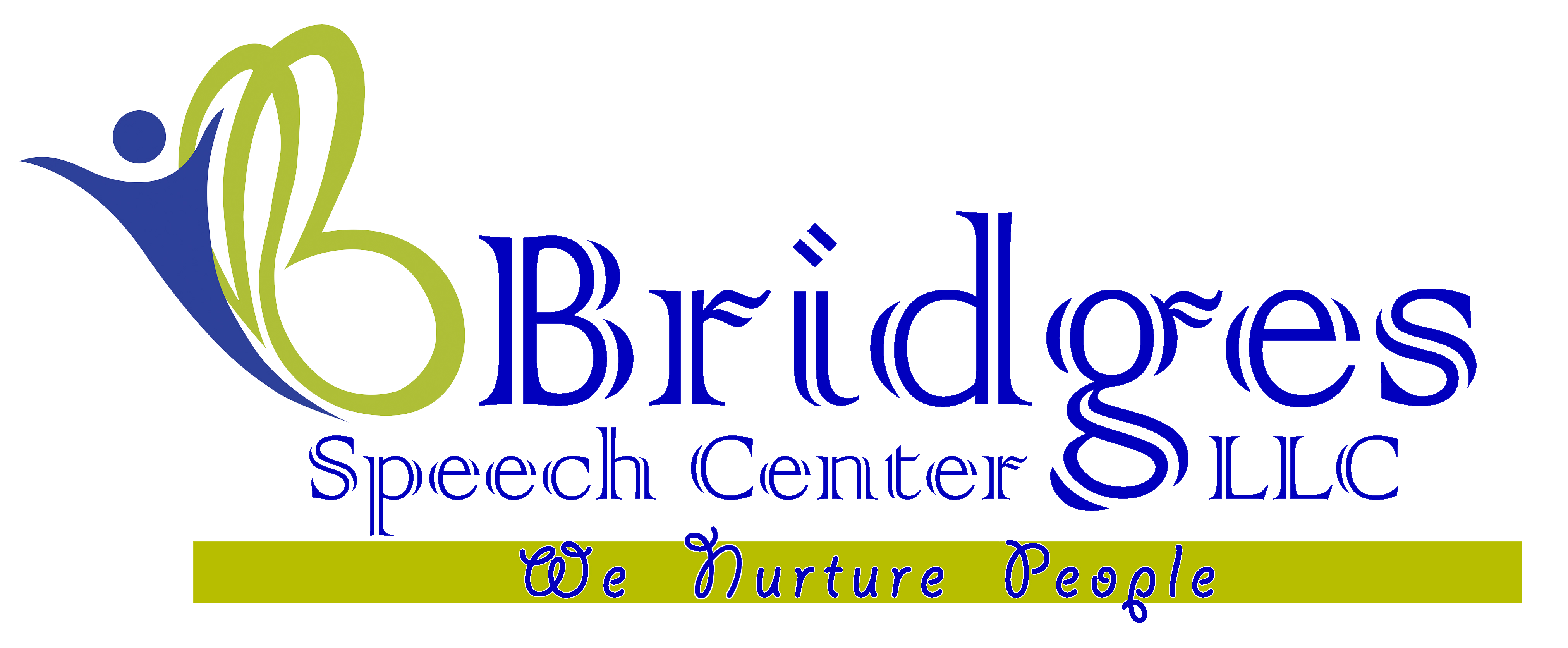- About Us
- Our Services
- Speech Therapy
- Speech and Language Therapies for Adults in Dubai
- Speech and Language Therapies for Children in Dubai
- Accent therapy
- Augmentative Alternative Communication (AAC) Therapy
- Articulation Speech Therapy
- Auditory Processing therapy/ Auditory verbal therapy
- Language Intervention: Speech Delay therapy
- Oral Motor Therapy
- Play Based therapy
- PROMPT/DTTC/RePT for Childhood Apraxia of Speech
- Social communication/Pragmatic language therapy
- Stuttering / Stammering therapy Program
- Spellography Program for Dyslexia
- Voice Therapy
- Home Care Services
- Feeding Therapy
- Physiotherapy
- Pediatric and Geriatric Physiotherapy
- Fall Prevention Programs for the Elderly
- Developmental Delay Treatment for Children
- Cerebral Palsy Management for Children
- Pediatric Orthopedic Conditions
- Osteoporosis Management for the Elderly
- Sports Injuries in Children
- Mobility and Balance Training for Elderly
- Joint Pain Treatment (Knee, Shoulder, Hip)
- Age-Specific Exercise Programs
- Coordination and Balance Exercises
- Orthopedic Physiotherapy
- Neurological Physiotherapy
- Sports Physiotherapy
- Cardiopulmonary Physiotherapy
- Women’s Health Physiotherapy
- Manual Therapy
- Therapeutic Exercise
- Pain Management
- Electrotherapy
- Ergonomic Consultation
- Tele-Physiotherapy Services
- Pediatric and Geriatric Physiotherapy
- Occupational Therapy
- Sensory Integration
- Clinical Psychology & Psychotherapy
- Cognitive Behavioral Therapy(CBT)
- ABA /Behavior Therapy
- Bridge Learning Program
- Group therapy
- Summer/Winter Program
- Telehealth Services
- Training Program/CEU
- Internship/ Observership
- Speech Therapy
- Super Team
- Collaboration
- Training Course
- News/Blogs
- About Us
- Our Services
- Speech Therapy
- Speech and Language Therapies for Adults in Dubai
- Speech and Language Therapies for Children in Dubai
- Accent therapy
- Augmentative Alternative Communication (AAC) Therapy
- Articulation Speech Therapy
- Auditory Processing therapy/ Auditory verbal therapy
- Language Intervention: Speech Delay therapy
- Oral Motor Therapy
- Play Based therapy
- PROMPT/DTTC/RePT for Childhood Apraxia of Speech
- Social communication/Pragmatic language therapy
- Stuttering / Stammering therapy Program
- Spellography Program for Dyslexia
- Voice Therapy
- Home Care Services
- Feeding Therapy
- Physiotherapy
- Pediatric and Geriatric Physiotherapy
- Fall Prevention Programs for the Elderly
- Developmental Delay Treatment for Children
- Cerebral Palsy Management for Children
- Pediatric Orthopedic Conditions
- Osteoporosis Management for the Elderly
- Sports Injuries in Children
- Mobility and Balance Training for Elderly
- Joint Pain Treatment (Knee, Shoulder, Hip)
- Age-Specific Exercise Programs
- Coordination and Balance Exercises
- Orthopedic Physiotherapy
- Neurological Physiotherapy
- Sports Physiotherapy
- Cardiopulmonary Physiotherapy
- Women’s Health Physiotherapy
- Manual Therapy
- Therapeutic Exercise
- Pain Management
- Electrotherapy
- Ergonomic Consultation
- Tele-Physiotherapy Services
- Pediatric and Geriatric Physiotherapy
- Occupational Therapy
- Sensory Integration
- Clinical Psychology & Psychotherapy
- Cognitive Behavioral Therapy(CBT)
- ABA /Behavior Therapy
- Bridge Learning Program
- Group therapy
- Summer/Winter Program
- Telehealth Services
- Training Program/CEU
- Internship/ Observership
- Speech Therapy
- Super Team
- Collaboration
- Training Course
- News/Blogs
Table of Contents
ToggleLetter to spouse: Parkinson’s Syndrome
Bridges Speech Center
October 25, 2016

Letter to spouse: Parkinson’s Syndrome
Parkinson’s disease is a progressive disorder of the Central Nervous System that mainly affects the motor system. Apart from various movement issues such as stiffness and tremors it also affects Speech and swallowing. Impact on all these essential functions affects the quality of life of individuals with Parkinson’s disease. It is very important for family members to be around for emotional support and motivation.
Parkinsonism occurs due to deficiency of a hormone called Dopamine. It is a neurotransmitter which is produced by the cells of a specific part of the brain called Substantia Nigra. When more than 90% of these cells are damaged, it leads to a significant reduction in Dopamine, leading to symptoms of Parkinson’s disease.
Following tips may be useful for people suffering from Parkinson’s disease.
Emotions: Dopamine is also known as the “happy hormone”.
Lack of this happy hormone leads to difficulty in thinking, poor memory and irritability. This deficiency of Dopamine is the reason why many patients with PD show boredom and depression. As a family member or spouse, it is very crucial to understand the impact of Dopamine on the patient’s emotions, memory and personality. The patient’s seemingly rude behavior and emotional outbursts are due to this underlying hormonal deficiency.
Tips:
- Do not hold grudges or stop talking to the patient over episodes of rude behavior. Irritability can be due to depletion of Dopamine levels.
- Be patient. Do not finish their sentences for them.
- Try to hold conversations on topics that interest them.
- Do not mock them on their clumsiness.
Speech/Voice: Many patients with PD show Dysarthria (Speech motor disorder) where speech may show variation in rate of speech, loudness and monotonicity (lack of intonation). It makes it difficult for a listener to interpret the message.
Tips:
- Try to maintain eye-contact while speaking with the patient. While talking, touch the patient on the back of the palm or shoulder to gain attention.
- Reading lip movements will help listeners to understand their speech better.
- Listen carefully to the speaker. Try to reduce background noise to reduce the effort of speaking.
- Rigid facial muscles affect effective communication using facial expression. Lack of expression does not mean they don’t understand you.
- Use close ended questions which can be answered with a simple yes/no.
- To reduce impact of rigidity in oral musculature movement. Oral motor exercises need to be done consistently. Caregiver or spouse can assist in these exercises.
Swallowing: Exercises to improve swallowing needs to be done under supervision as it can be tricky. A Speech therapist or Swallowing therapist may be approached for the same.
Tips:
- Smaller amounts and consistent texture of food will help. Do not mix hard and soft food items together.
- Proper chewing prior to swallowing.
- Drinking plenty of water helps.
- Diet control is an important part. Intake of low fat and nutritious food items helps in controlling weight.
Cognitive impairment: To some extent, person with PD shows cognitive impairments such as slowness in memory and thinking.
Tips:
- Simple visual or auditory memory exercises will help depending on the degree of impairment. For example, arranging objects according to patterns, remembering visual or auditory sequencing of objects or numbers.
Hallucinations and delusions are possible complications of Parkinson’s disease. Hallucinations and delusions are most often caused by high levels of dopamine in the brain. This is generally due to the medications used to manage motor symptoms of PD. Consult a Neurologist if symptoms persist. Adjusting the medication can control this issue.
Understanding Parkinson’s disease and its effects better, shall help caregivers and spouses to reduce its impact on the patient as well as the family. These patient’s need your valuable support and motivation even though they may not be able to express their gratitude adequately.
Ms.Rupali Ranjitth
Speech and Language Pathologist
Bridges Speech Center, Dubai



Recent Posts
Have Any Question?
If you would like to register for any of our services or upcoming training programs, contact us…

